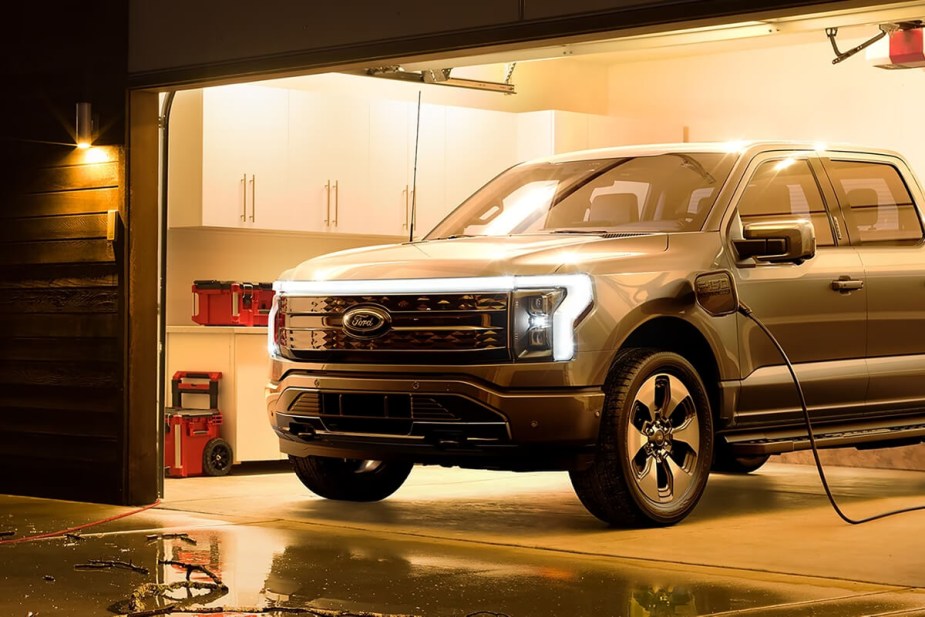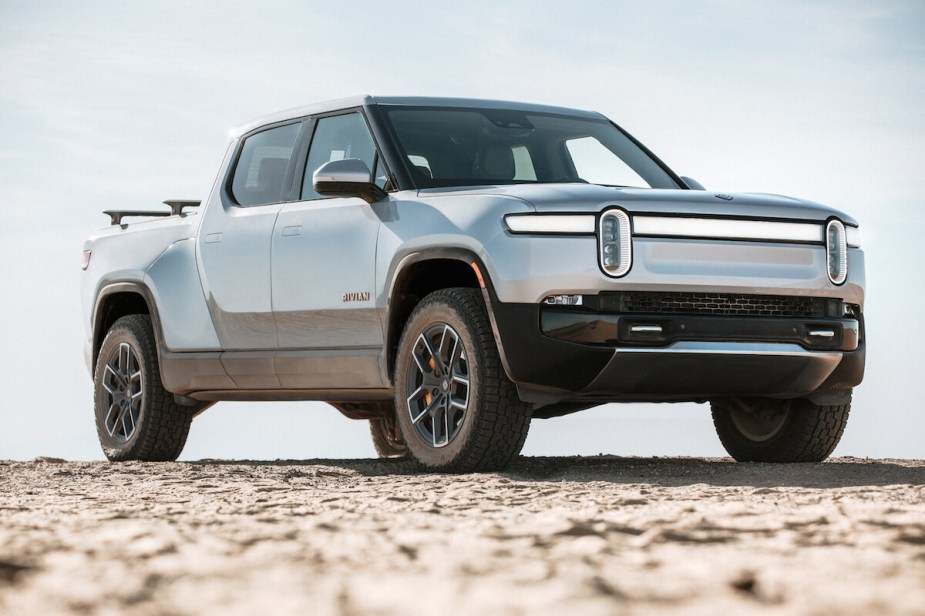
Can an Electric Truck Handle a Snowstorm?
Even though I am a proponent of EV models, I understand that for a lot of folks, they might not be practical quite yet. At the same time, some of the hate for EVs might be unjustified. That is especially true when it comes to something like an electric truck. Sure, the public charging infrastructure in the States might not be ideal, but what if you think a battery-powered truck can’t handle a snowstorm? We’ve got some real-world testing to answer that question.
How do electric trucks do in cold weather?
Unfortunately, there’s no getting around the fact that cold weather can impact electric trucks in the United States. Once the temperature drops below a certain number, the level of power available to discharge can dip, and charging the battery might take longer. Range can be another thing that takes a hit, but things like a heat pump can help with that.

Now, I may not live in a place like Wisconsin, but I do live in the Midwest. And we can get some pretty gnarly weather come wintertime. So I get that folks looking at an electric truck in this area are going to be concerned about cold weather performance.
InsideEVs put two electric trucks to the test
Popular electric vehicle outlet, InsideEVs, recently took two EV trucks to see how they handle cold weather. The test is set up to show how the Ford F-150 Lightning and Rivian R1T might hold up in the face of a snowstorm. The kind where you might find yourself stuck on the side of the road.
Getting stranded in a snowstorm is no joke. Especially if you are on a highway or in a situation where you can’t drive to shelter. So, I find this to be a valuable test for folks who might be interested in a new electric truck.
Both vehicles in question were charged to 85%, then left with their heaters running for twelve hours while it was snowing outside. And I’ll be honest; I found the results to be fairly surprising. When all was said and done, the F-150 Lightning was at a 71% state of charge, and the R1T ended at 66%.
The trucks were not driving during this period, so that is probably one of the reasons there wasn’t too big of a hit on charge. But because Ford’s electric truck has a larger cabin, I thought it would have had less charge.

When it came to recharging the trucks, the F-150 needed 20 kWh to hit an 85% charge, and the Rivian R1T needed 23.6 kWh. But, even without heat pumps, these EVs could last a pretty significant time while on the side of the road in cold weather.
Is an electric truck worth it?
As it stands, it seems like supply and charging infrastructure are two of the biggest factors that play into getting an electric truck. For starters, finding one at a dealership is nearly impossible right now.

Then, there’s the public charging network. As it stands, you won’t have problems finding a gas station in most areas of the United States. But a public charging station that works might be a different story. The Biden administration is working to fix that, but it just doesn’t seem like it’s there yet.
And with things like winter weather reducing an EV’s range, that is certainly something to keep in mind.



